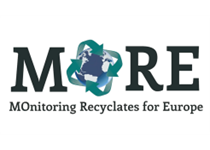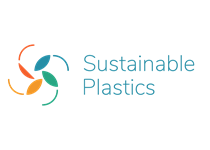What are they?
The term “plastic” is commonly used to describe a wide range of synthetic or semi-synthetic materials used in a number of applications.
The word “plastic” is derived from the Greek adjective plastikos which means “mouldable”. This property of malleability or plasticity allows it to be melted, pressed or extruded, adapting to the most diverse forms - such as films, fibres, plates, tubes, bottles and boxes, among others.
Plastics are materials consisting of long chains of molecules called “polymers”, formed from smaller structural units - monomers (low molecular weight molecules). Plastics are organic materials. The raw materials used in the production of plastics are natural products such as cellulose, coal, natural gas, salt and - obviously - petroleum.










